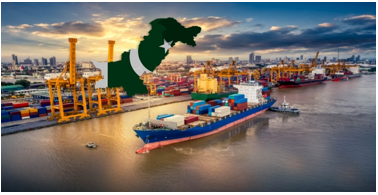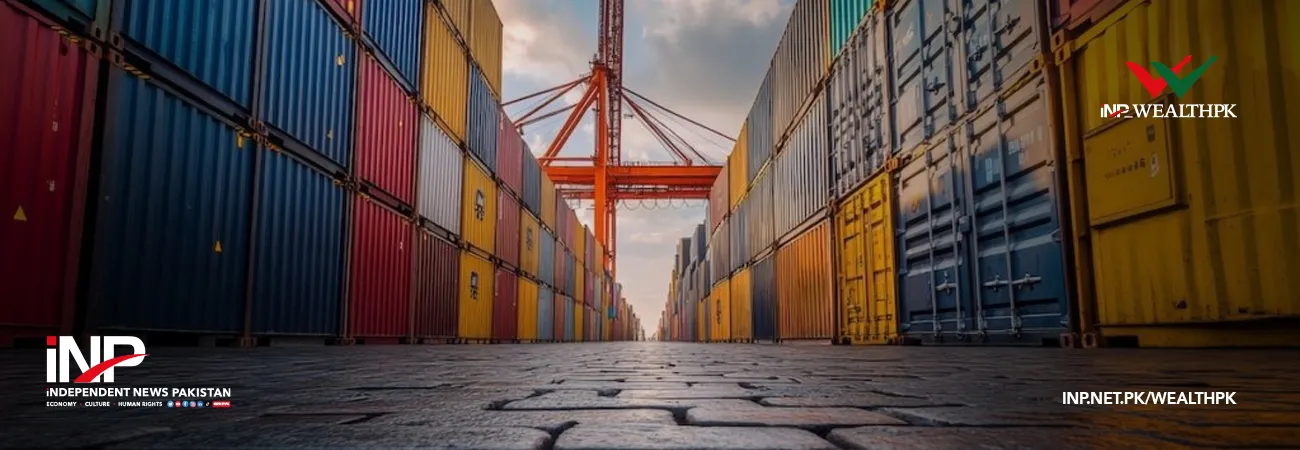INP-WealthPk
Ayesha Saba
Pakistan must adopt a dual strategy focused on strengthening regional economic integration and reforming domestic institutions to boost trade competitiveness and build resilience against future economic shocks, stressed experts.

During an interview with WealthPK, Dr Asad Rehman, a senior economist at the Institute of Strategic Studies, said that Pakistan’s current trade model is too narrow in scope and lacks a long-term strategic vision. “Instead of focusing predominantly on a handful of bilateral trade partners, the country must look toward building stronger economic linkages within the broader South and Central Asian regions.” He said that regional market integration not only reduces dependency on distant markets but also opens up new opportunities for trade in goods, services, and digital commerce.
Rehman further stated that bureaucratic red tape, non-tariff barriers, and tensions, especially with India, have hindered progress. “However, with the CPEC serving as a strategic gateway, there is immense potential for Pakistan to position itself as a trade and transit hub linking South Asia, Central Asia, and the Middle East. Strengthening ties with Afghanistan, Iran, and Central Asian countries could open new avenues for energy trade and transit commerce, reducing reliance on traditional western markets,” he said.
“However, this shift cannot happen in isolation from institutional transformation,” he said and highlighted that Pakistan suffers from fragmented policymaking where trade, finance, and industrial development often operate in silos. Rehman stressed that Pakistan must invest in institutions that are autonomous, research-oriented, and aligned with regional realities to provide evidence-based, cross-cutting policy advice.
“These institutions should not only guide trade strategies but also examine the political economy of regional cooperation and propose practical solutions to geopolitical constraints. Furthermore, strengthening institutions such as the Federal Board of Revenue, the Securities and Exchange Commission of Pakistan, and provincial investment authorities would create a more predictable and investor-friendly ecosystem,” the Institute of Strategic Studies economist emphasised.
Talking to WeathPK, Ali Raza, a trade analyst at the Industries and Commerce Section of the Ministry of Planning, Development and Special Initiatives, said there was a need for Pakistan to modernise its trade infrastructure and logistics networks. “While CPEC has brought improvements in road and port infrastructure, inefficiencies in customs clearance, cross-border trade facilitation, and digital systems persist.”
He said that adopting digital trade platforms, harmonising customs procedures with regional partners, and investing in cold storage and warehousing facilities could reduce trade costs and boost export competitiveness. “Additionally, enhancing connectivity through rail and road networks with Central Asia and China would further solidify Pakistan’s role as a regional trade corridor.”
Credit: INP-WealthPk












